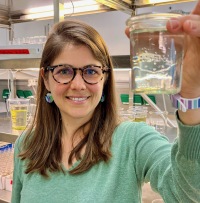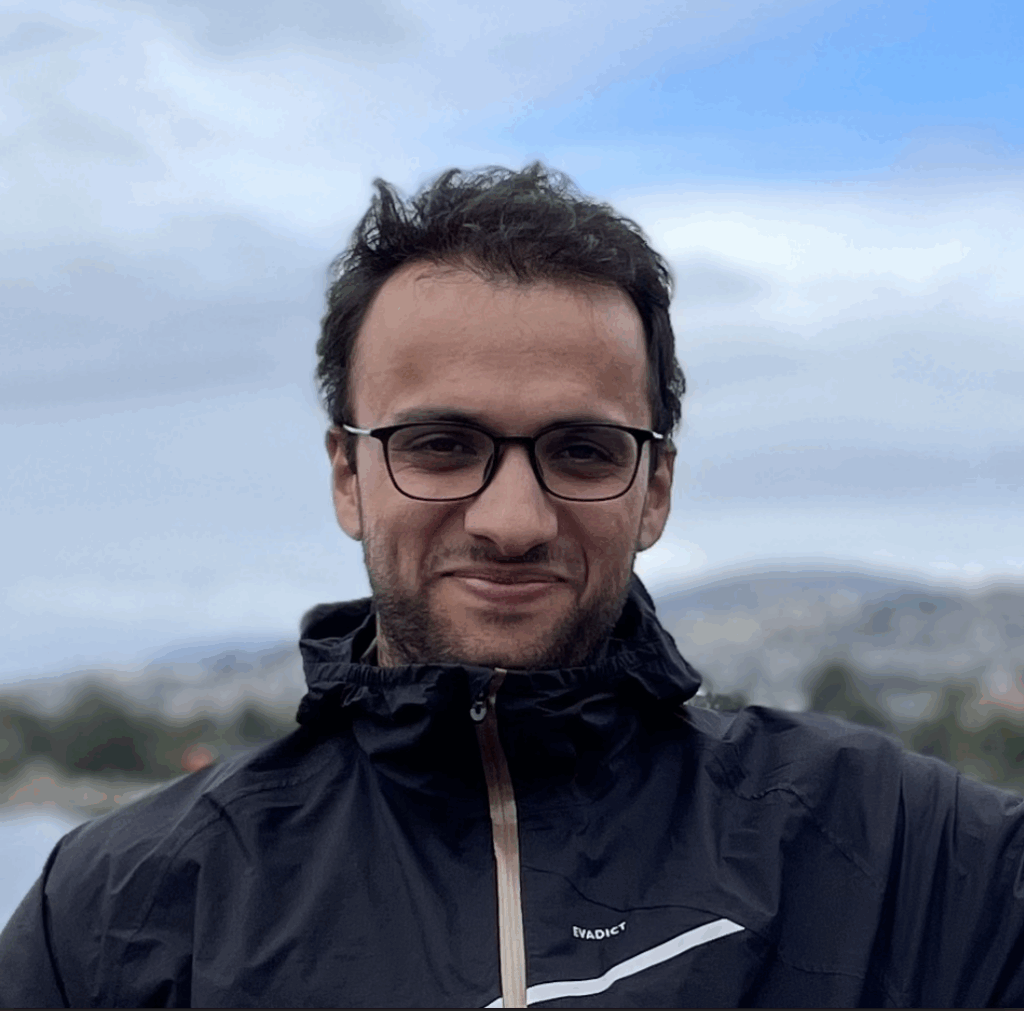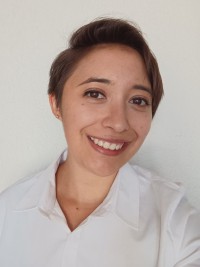Principal Investigator
Beatriz Vicoso


Postdocs
Carolina Barata

I’m Carolina and I’m a postdoc at the Vicoso group. I’m interested in how gene expression responds to sex-specific selection and how sex differences accumulate in autosomes and sex chromosomes, and how that can affect dosage compensation. My research is also focused on how the effective population size can influence gene expression evolution.
Clementine Lasne

My research interests are driven by my long-standing desire to understand how populations and species respond to a (temporally and spatially) rapidly changing environment. After a Master’s degree in Conservation and Biodiversity, my PhD research focused on the genetic basis of local adaptation, and particularly on the constraints that species with separate sexes could encounter during the adaptation process if selective pressures happened to diverge between the sexes, as well as the roles that sex-chromosomes could play in adaptation. I am now an ESPRIT fellow in the Vicoso group and my focuses another adaptive process that already plays a crucial role in the current climate change context: phenotypic plasticity. I use the unique case of Artemia brine shrimp reproductive elasticity to explore the genetic basis, the molecular mechanisms, and the fitness trade-offs of phenotypic plasticity.
Filip Ruzicka

I aim to understand why organisms have adapted to their environments in such remarkably diverse ways. Unfortunately, achieving this goal is difficult: most evolution has occurred in the past, and ongoing evolution often takes longer than a human lifetime to observe. Therefore, answers to very basic questions – why do some organisms have sex? why do some outcross and others self-fertilise? why are some haploid and others diploid? does adaptation rely on pre-existing variation or new mutations? – remain elusive. Fortunately, we have tools to overcome this: a century of mathematical models of evolution, allied with new genomic datasets and experimental systems where we can manipulate and observe evolution. I use these tools to investigate principles of evolutionary adaptation. I am particularly keen on quantifying genetic constraints to adaptation (e.g., due to trade-offs between sexes, dominance, mutation).
Réka Kelemen

Evolution does not always create the best versions of genes. Sometimes it creates the meanest. Sperm killers evolve to disable sperm that does not carry them in heterozygous individuals, thereby gaining a transmission advantage to the next generation. Using the t-haplotype of house mice as my model, I try to answer many questions about the peculiar evolution of selfish gene complexes and their gene content: How many genes can get recruited into sperm killing? How does the sequence and expression of sperm killer genes change over their evolution? What happens to those genes that are not themselves involved in sperm killing but are linked to the selfish genes for millions of years? Do they degenerate, or can they get rejuvenated by recombination?
PhD students
Dunja Rokvic
Fernanda Adame

I’m Fer, I am co-affiliated with the Vicoso and Robinson groups. My research focuses on parent of origin effects and genomic imprinting. We generally consider that the origin of a gene is irrelevant as most genes are expressed from both alleles. However, some genes are silenced or expressed depending on whether the allele was inherited from the mother or the father. These imprinted genes play key roles during embryonic development, growth and metabolism regulation; unsurprisingly, they are also related with diseases such as cancer and diabetes.
I use human data from biobanks to estimate parent of origin effects in methylation probes across the genome controlling for indirect paternal effects, with the aim of improving our understanding of imprinting in human populations.
In future projects, I would like to investigate whether imprinting varies based on the sex of the offspring and to compare imprinted genes across different species, to gain insight into the evolution of this phenomenon.
Lorena Layana

I’m Lorena from Ecuador. In 2022 I affiliated with the group to work on my PhD project. I’m interested in investigating two peculiarities that result from the differentiation of the sex chromosomes. One of them is the silencing of the sex chromosomes in the heterogametic sex. Specifically, I investigate if meiotic sex chromosome inactivation exists in oogenesis in two Lepidopteran species. The second peculiarity is that the gene content of the sex chromosomes becomes highly specialized. I am using dipteran species to study the out-of-X movement in this order.
Ruben Olbrechts
Vincent Bett

The sexes of many species often differ in terms of morphological, physiological and behavioral features and yet they are nearly identical genetically. They may differ by a few genes on one of the sex chromosomes in species with genetic sex determination. How can phenotypic traits vary between sexes despite sharing a largely similar genome? I am interested in how epigenetics mediate transcriptional differences between sexes that contribute such dimorphic features. I am also interested with how chromatin structural changes accompany dosage compensation mechanism to equalize transcription levels between female and male and between the sex chromosomes and autosomes following evolution of heterogametic sex chromosomes.
Research technicians
Ariana Macon
Interns
Alumni
Andrea Mrnjavac, former PhD student and postdoc
Ann Kathrin (Ina) Huylmans, now Assistant Professor at Johannes Gutenberg-Universität Mainz, Germany
Christelle Fraïsse, now Principal Investigator (CNRS Researcher) at Lille University, France
Dominik Kopčak, now PhD student at the Okinawa Institute of Science and Technology (OIST), Japan
Gemma Puixeu Sala, former PhD student and postdoc
Júlia Raices, now Research Assistant at the Institute of Molecular Biotechnology (IMBA), Austria
Marion Picard, now Assistant Professor at the University of Perpignan, France
Marwan Elkrewi, now Postdoctoral Researcher at the University of Heidelberg
Melissa Toups, now Assistant Professor at the University of Louisiana at Lafayette, USA
Will Gammerdinger, now Research Associate at Harvard University, USA